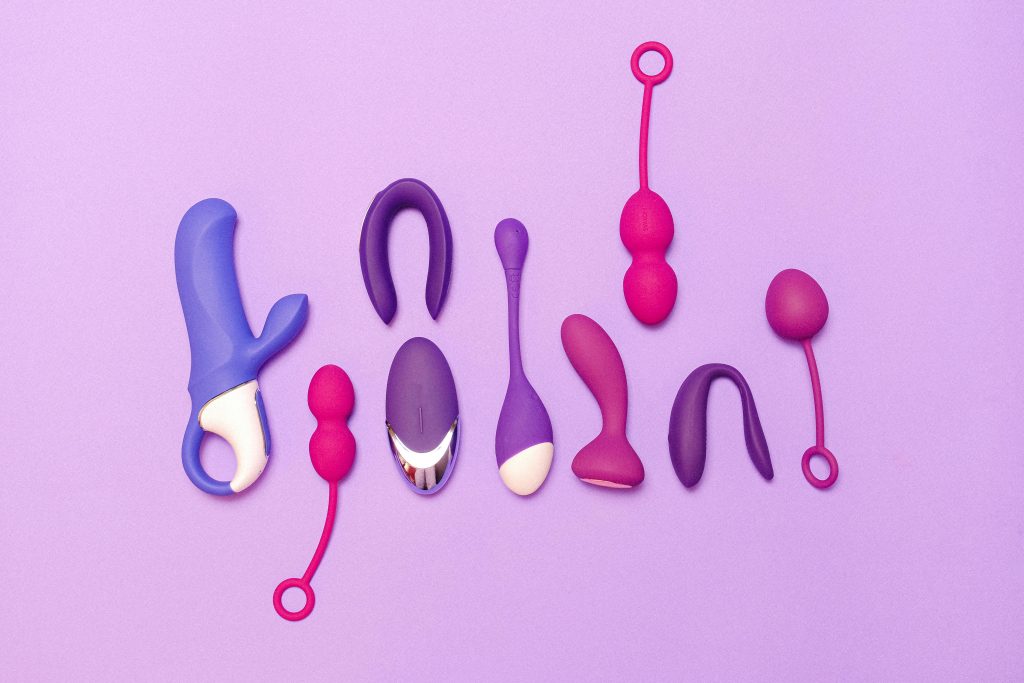As fast-growing as the sexual wellness world is, a little-known side effect of its success is that it can contribute to the planet’s pollution. At Little Leaf, we only work with brands that sell ethically made, sustainable sex toys. We encourage both consumers and our peers in the industry to do the same. With Earth Day coming up, many folks are wondering how they can make a difference. Here are some measures that both brands and consumers can take to make sex lives around the globe a little greener.
What can brands do to make better sustainable sex toys?
Conscious packaging
Although there’s nothing more exciting than unwrapping a shiny new sex toy, packaging is a major cause of environmental waste. Although plastic is recyclable, the reality is that out of 9 billion tons of plastic, only 9% is recycled properly, and microplastics are one of the leading causes of aquatic pollution and harm to marine animals. The answer? Minimal cardboard packaging.
Sustainable sex toys by brands like Love Not War only use FSC-approved brown cardboard for packaging, which requires less water and energy to make. They also only use eco-friendly soy ink and glue compared to petroleum-derived alternatives, which are harmful to the ecosystem. German-engineered sex toy brand Fun Factory also prioritizes using locally sourced cardboard over plastic to package their toys. Eco-friendly designs are often also minimalistic, offering a chic, gender-neutral aesthetic that’s even more appealing to various demographics.

Ethical manufacturing and supply chains
Beyond packaging, the manufacturing process plays a major role in reducing carbon footprint. Toys made in mystery factories in China and sold by third-party marketplaces can wreak havoc on the environment. Love not War manufactures their products in a custom-built factory powered by green energy, mostly from hydroelectric sources. Ethical and eco-friendly brands like Fun Factory design and manufacture all their toys in a low-emissions factory in Bremen, Germany, which is also where they ship their toys from.
Better material and design
It’s plain and simple – well-made, biodegradable pleasure products won’t take up space in landfills for years to come, unlike their cheap competitors, will only contribute to pollution in the future. Brands like LNW do this by making their recyclable toys out of recycled material (aluminum cans) to minimize waste, and they took things a step further by patenting the innovative material NeoSilicone, the only silicone sex toy material compatible with silicone lube, extending the longevity of their product while solving a long-standing problem in the industry. They’re also beginning to normalize the design of a universal battery base for several interchangeable toy heads, which is better for the planet and the customer’s wallet.
Fun Factory, the pioneers of the rechargeable battery in sex toys, produces battery-powered toys that are 30% more powerful than other battery-operated toys in their category, allowing users to save energy while requiring fewer charging sessions. Its superior materials on their dildos, vibrators, and more other sustainable sex toys can last upwards of a decade compared to knockoff toys that are built to break down quickly, so customers have to shell out more money on a replacement.
What can consumers do to buy more consciously?
Research brands before buying
Do a deep dive into where the toys are made, if they offer recycling options, and what materials are used. Seek out sustainability goals and priorities on their websites and check if they have a goal of reaching carbon net zero. For instance, both Fun Factory and Love Not War have pages on their websites dedicated to how their business makes an effort to lower their carbon footprint. Other brands like The Natural Love Company, Nob Essence, Maude and Bloomi are also great choices with non-plastic intimate devices.
Buy directly from ethical brands and trusted retailers, and avoid ultra low prices
Counterfeit adult toys are unfortunately running rampant and unregulated given that sex toys are still considered “novelty products.” As a result, it’s better to stick to legit brands and save the ultra-low prices for toilet paper and stationery. Cheap toys are often packed with chemicals that are harmful to your body and the environment and don’t last long. As the saying goes, “if you buy cheap, buy twice.” A significant price slash often means non-sustainable and unethical manufacturing practices. Reputable sellers, on the other hand, might charge more upfront, but often have better longevity and solid warranties to protect the buyer in case anything goes wrong.

Go rechargeable
Although brands that offer a universal battery base such as Love Not War is ideal, simply opting for brands that provide a rechargeable option is a great way to be a more conscious consumer. This is an easy decision for dildos and toys without an electrical component, but if you like your orgasms with a side of buzz, going rechargeable has multiple benefits. It means fewer batteries piling up in a landfill, making toys easier to dispose of or recycle.
Embrace eco-friendly materials
Medical-grade silicone, stainless steel, glass, and treated wood are all fantastic body-safe alternatives to porous materials like jelly, rubber and plastic. Although ABS plastic is considered a budget-friendly plastic body-safe, it can produce black smoke and release toxic gases when burned, contributing to pollution. While other materials might be a little pricier, they’re easier to clean, won’t harbor bacteria, and are significantly better for the planet in the long run. You can even send requests to manufacturers and ask them to post lab tests on the website proving that their devices don’t contain ecosystem-harming chemicals such as phthalates, lead, cadmium, or VOCs.
Follow and subscribe to sustainable sex toy brands and agencies
Sustainable agencies like ours and brands like Love Not War and Fun Factory often release educational blog posts, newsletters, and email blasts that can provide the knowledge and transparency consumers deserve. While it’s always good to be proactive and seek out information on your own, it’s the responsibility of brands to provide this information, which counts as a form of sex-ed. By supporting these brands on different channels, you’re actively standing up for the environment while demonstrating to others to do the same – think of it as a form of eco-activism.
Facebook Twitter LinkedIn Facebook





